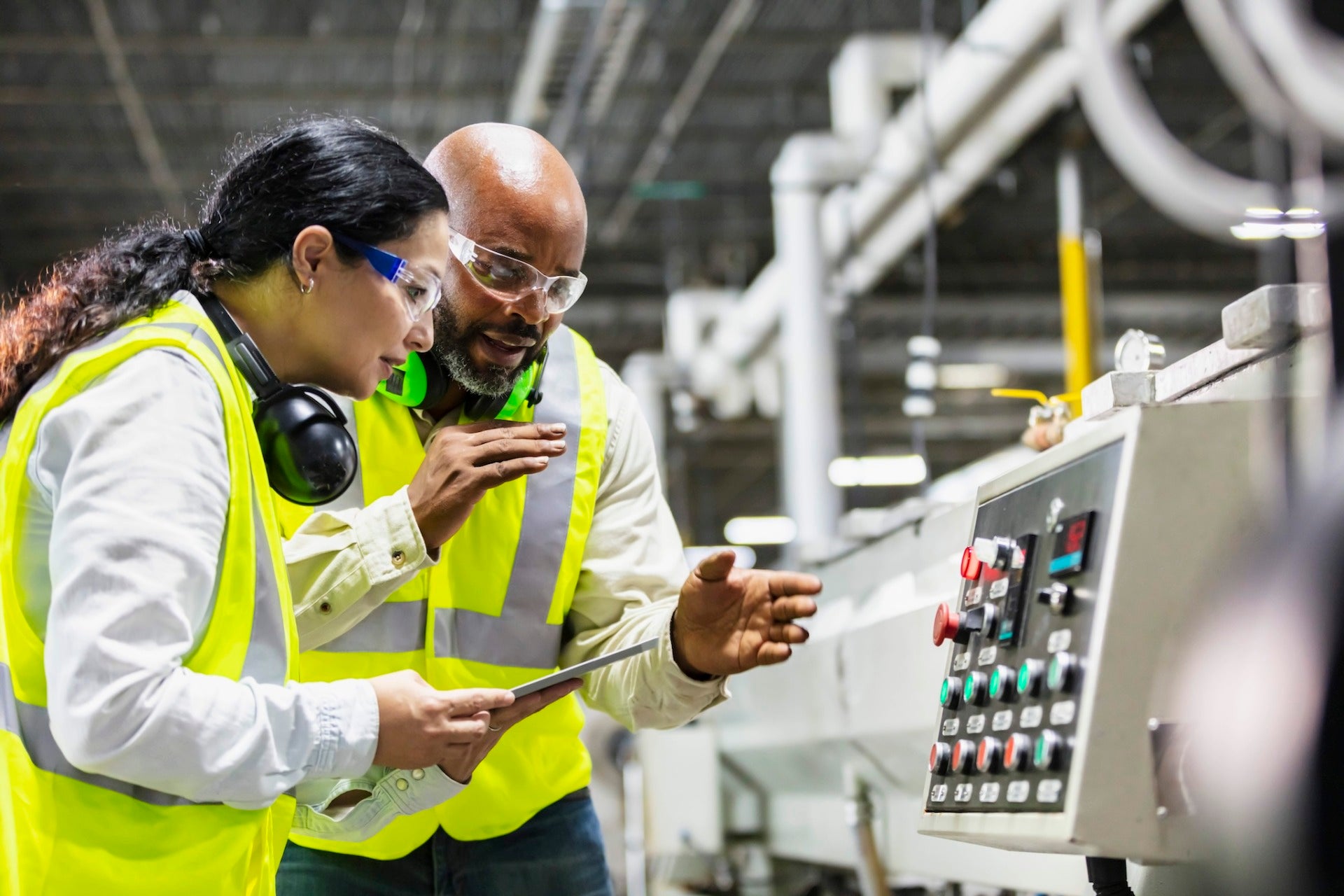Above, watch the full conversation from the panel discussion entitled “Can Inclusive Economic Development Build Better Jobs and a Stronger Regional Economy?”
Most cities follow the traditional model of economic development — the idea that using subsidies and other incentives to attract big businesses will provide a wealth of jobs. While some hail this as an effective solution, panelists at a recent discussion hosted by the Aspen Institute Economic Opportunities Program argued that the traditional approach perpetuates systemic economic inequalities, such as those concerning the racial wage gap, insufficient savings, and job insecurity.
City leaders such as Richmond, Virginia, Mayor Dwight C. Jones, are looking to develop long-term solutions with alternatives to the traditional model of economic growth. During the panel, Jones described Richmond as “a tale of two cities,” noting the coexistence between its thriving community and poverty rate of 25 percent.
One alternative to the traditional model of economic development is community wealth building. Compared to traditional economic development, which starts by trying to attract businesses from outside the community, “Community wealth building is about [starting] instead with local assets,” explained panelist Marjorie Kelly, executive vice president and senior fellow with the Democracy Collaborative. “What is it that you have to work with?” Using this strategy, cities and regions identify local resources — such as local government, businesses, and nonprofit institutions like hospitals and universities — and develop them into sources of good jobs that provide people with livable wages and stable income.
This is exactly the approach that Jones took in 2014, as the first mayor to set up an Office of Community Wealth Building. This office provides a unified approach between various government offices and agencies to create good jobs and lower the poverty rate. “All economic development does not accrue to the development of poor people,” he noted. “We have got to be intentional about making sure that economic development accrues to the benefit, not only [to] the city, but particularly to the poor community.”
Community wealth building is catching on in other forms as well, such as worker cooperatives. Worker cooperatives are businesses in which all employees have equal shares of ownership and control. Essentially they operate like a democracy, offering responsibility and decision-making authority to each worker-member.
According to the panelists, worker cooperatives come with a number of benefits. “The most consistent finding in terms of benefits is job security,” explained sociologist Sanjay Pinto, a fellow at the Worker Institute at Cornell University and at the Rutgers University School of Management and Labor Relations. “They hire less when times are good, but they also fire less when times are bad, including during economic downturns.” Additionally, he noted that worker cooperatives do things to handle erratic scheduling. For example, Cooperative Home Care Associates in New York City guarantees workers a 30-hour workweek as long as worker-members accomplish a certain list of duties.
As illustrated in Richmond, community partners are abundant and willing to help when pursuing community wealth building strategies. The same is true in Springfield, Massachusetts. “It was not hard at all to bring the anchor institutions on board,” said panelist Emily Kawano, referencing her work as founder and co-director of the Wellspring Cooperative Corporation, which launches cooperative businesses in Springfield.
Overall, however, there is one glaring obstacle to overcome with this approach: people need to believe that a more inclusive form of economic development is possible.
Introducing community wealth building into narratives of politics and economics has to start at the grassroots level. “We all need to start where we are,” said Kelly. “Everybody has a different set of assets — knowledge, networks — think about what those are.” She also said to consider localizing financial investments in order to “think about taking this big economy back down to the ground.”
“We really can build something better from what we have, and then there’s a million things from there that can be done,” added Kawano.

